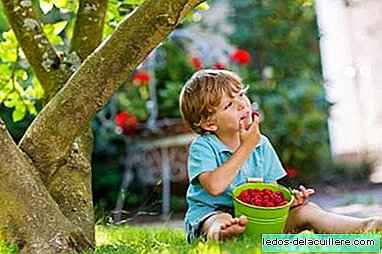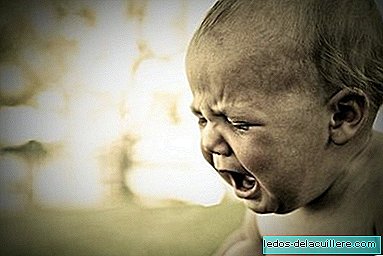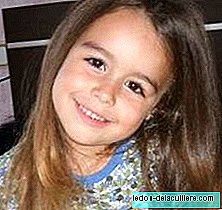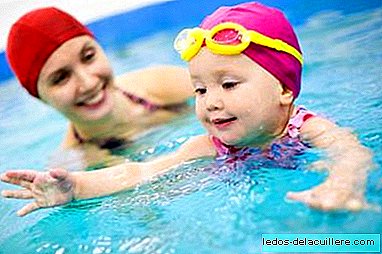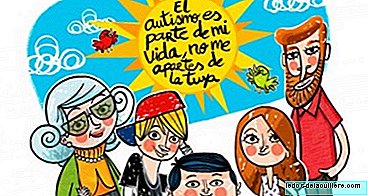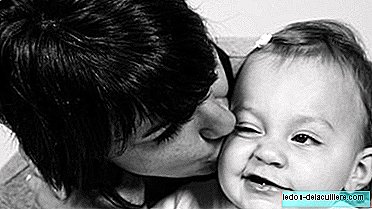
When our children respond to us with their first and unforgettable smiles, they do so specifically with us, their mothers and also with their parents. We are the ones who have accompanied them since their birth, attending and loving them, and now Babies recognize us and show us their affection.
When they make gestures of strangeness or rejection of the less close people, we realize that they recognize us and feel linked to us in a special way. As the months go by, not yet reaching the year, it already has a certain concept of "family", and shows a special affection for its members, from the most intimate nucleus (parents and brothers) to other ties, such as grandparents or uncles.
We are also becoming more aware that the family has increased and that the effort and effort are worthwhile, and the baby will know about our support and company in times of need if we have shown it to him.
We unconsciously help and teach babies to continue expanding the circle of affections, demonstrating ours by other people: family and friends. Thus, as we continue to interact with those other people, the baby will also learn to love them.
The little ones see us happy with these people, who soon cease to be strangers. "Look, here's the aunt," "Kiss the uncle" ... (how many people do we call "uncles"?) They learn to be affectionate and cordial, and love and trust engender love and trust in them too.
As of the two years of the child, as his confidence grows and his "scope of action" increases, he begins to lock his first "friendships" with neighboring children or nursery school, although his place remains his home Keep looking safe, along with dad and mom, for a long time yet.
But having "friends" in the park or at school, or cousins, will provide you with joy and enjoy with fun moments of games.
Towards the three or four years of the child (in this of the "milestones" there can be many variations), while we have continued encouraging him to meet more and more people (he has sympathy for the shopkeeper, the nurse ...), he already has Confidence to stay with the children or uncles without the parents, spend a day with them or even sleep.
Which does not mean that the next day they immediately claim their parents and their house, which, as we say, will continue to be their fundamental support and symbols of love and security for many years.
At five years old they are more sociable and have more facility to establish relationships with other children and adults, although it is also normal to show signs of shyness and select a few "best friends", costing you to expand the circle. But those friends start to gain importance for them, and parents can feel somewhat "relegated" on the podium of affections.
Beginning at age eight, groups and "gangs" begin, and in preadolescence apart from friends there are the first crushes, idols and heroes, new benchmarks that are often quite passengers. But that is another story…
We parents are the ones who have to try not to be ephemeral but always to be there, teaching them to love and to know, to establish emotional ties that will shape their own capacity to love and form a family in the future.
So that babies are expanding their emotional ties with the environment in a natural and increasingly complex way, always with parents as a point of reference and fundamental pillar.



